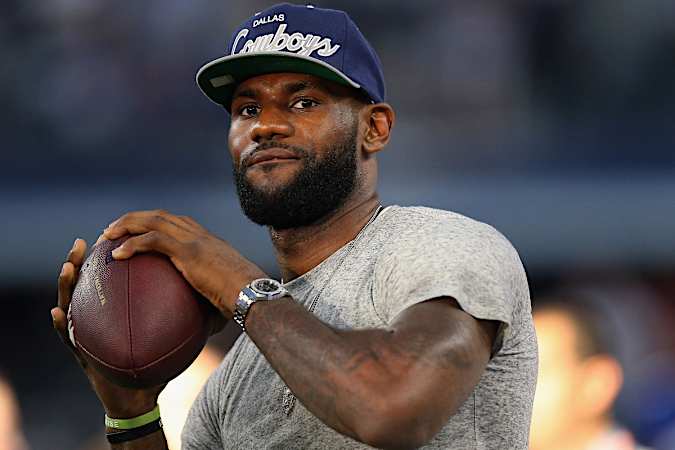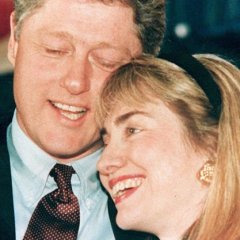see also the books and records of the teamsters lical 707 prndion fund, kevin mccaffrey pension trustee which hlow in the dark for the blind boys at the SEC & US Dep't of Justice
look at the pension baliout bills pending in Washington. crime pays well?
Skip to main content
MLB, union wage war after potential smoking gun email emerges
Sign up for our special edition newsletter to get a daily update on the coronavirus pandemic.
A March 26 conversation between MLB and the union in which MLB portrays the union as acknowledging that a new negotiation was needed regarding how players would be paid this season could serve as an email version of a smoking gun.
The league and the union have disagreed over how players will be paid if games are resumed. The union claims that within the agreement finalized on March 26, players are guaranteed their prorated salaries for games played, while MLB argues that the agreement says salaries must be reconsidered if there are no fans in attendance.
The Post, however, has obtained a March 26 email from an MLB lawyer to top league officials that documents the substance of talks between two MLB officials and two MLBPA officials from earlier that morning. The email covers seven points, including that MLB explained to the union officials that MLB would need a second negotiation if games were not played in front of fans to determine pay and claims that union officials understood that concept.
Thus, the email seemingly offers evidence that the union was aware that further talks were potentially necessary.
The two sides had a formal negotiating session last Tuesday in which MLB laid out extensively its proposal for restarting the game focusing on safety and health guidelines The sides also talked economics, but MLB did not make its expected proposal for a 50-50 split in revenues this year. The sides have not formally spoken since, with the clock ticking if MLB actually intends to begin a second spring training in mid-June and start the season the first week of July.
The staredown and absence of talks is based on neither side wanting to flinch on economics. Players Association executive director Tony Clark and powerful agent Scott Boras have been publicly strong in stating the matter of salary already has been determined for a 2020 restart and no further negotiations need be held.
But the email from MLB senior vice president of labor relations and deputy general counsel Patrick Houlihan suggests otherwise. He and MLB executive vice president of baseball economics Morgan Sword spoke on the morning of March 26 with Players Association deputy general counsel Matt Nussbaum and director of analytics and baseball operations Greg Dreyfuss. The union was seeking clarification on matters that include service time and the draft.
In an email that Houlihan sent to deputy commissioner Dan Halem, MLB’s lead negotiator, that was cc-ed to several other prominent league officials, he wrote on Issue 1:
“Matt asked what ‘economic feasibility’ meant in Section I. I told him it meant that we would only consider playing in neutral sites or without fans if it worked for us economically. I reminded him of Rob’s comments at the outset that playing in empty stadiums did not work for us economically. But I said, for example, that we might be willing to have a conversation about playing some limited number of games in empty stadiums if players agreed to reduce their daily salaries for those games, and if it was part of a larger plan that made economic sense. Matt confirmed that that is what he thought we meant, but appreciated the confirmation.”
In response, Players Association senior director of collective bargaining Bruce Meyer told The Post in a text message:
“The contract itself is very clear that in the event of a partial season players will get paid pro rata salary — whether with fans or without. And it doesn’t require any further concessions on pay from players who have already agreed to give up billions of dollars in salary in the event of a partial season in which they would be taking on unprecedented risks and burdens. Having said that, both sides are free to make any additional proposals they want. If they have a proposal on economics they should make it as we’ve repeatedly invited them to do. We have the right to respond to it. Despite all their posturing they still haven’t done so. Rather than actually negotiating over these issues the league is focusing on leaking self-serving internal memos to the media. Public posturing is not going to help us have a season.
“That the Commissioner’s office has claimed it needs additional salary concessions should not be surprising to anybody. But there’s a difference between what they are entitled to and what they want. The fact is that the league has conceded that they will be better off economically playing a season than not playing a season. And so far the league has not provided any underlying documents to support their economic claims. Meanwhile we continue to focus on the health and safety aspects of the league’s proposal.”
Upon seeing Meyer’s statement, MLB countered with one of its own that emphasized a tense situation growing even moreso. The statement to The Post read: “We are glad that Mr. Meyer finally has admitted that the March agreement contemplates a subsequent negotiation between the parties if the 2020 season is to be played without fans. While Mr. Meyer now says that the Union has repeatedly invited the league to make a proposal, that cannot be squared with the public comments by the Union and at least one agent that players are unwilling to agree to a reduction of player compensation in order to play a 2020 season without fans. The Union even publicly rejected a potential league proposal to share all revenues equally with players before such a proposal was made to it. While Mr. Meyer claims that Clubs will be better off financially playing without fans, the truth is we would lose hundreds of thousands of dollars per game.”
The Players Association position has been that not only does the March 26 document support its pro-rata position, but that MLB has not made a clear case to the union that it is not economically feasible to pay the players in full even without fans. The union feels players will be taking health/safety risks, yet take a second pay cut so that owners will lose less money. In the March agreement, players agreed to waive claims for billions of dollars in salary in exchange, the union has stated, for the prorated pay when games return.
And the Players Association still is waiting for a formal financial proposal from MLB.
MLB believes the March 26 agreement language is clear and — just as vital — what was said between the sides reflects that. Yankees president Randy Levine, who was the lead negotiator for MLB in the labor dispute of 1994-95, was not part of the negotiation, but has subsequently read, among other items, the bargaining notes that led to the agreement. He told The Post that he believes all of it together provides a picture of what the intentions of the agreement were.
“As I have said, our players are patriots and they are all wise enough and careful enough to make decisions that are in the best interests of them and their families and we all respect those decisions,” Levine said. “However, they need to make their decisions based on what the March agreement actually states and has been signed off on by both sides. I personally reviewed all of the documents and the bargaining notes from the dispute over the provision about renegotiating salaries and they are just clear that it does not state what Scott Boras and Tony Clark have said.
“It clearly states in bold language that if there are any bans on mass gatherings — which there are to this day — that prevent fans in the stadium, and/or any travel restrictions exist — as they do today — for example, people have to quarantine for 14 days going in and out of Canada and/or the commissioner has to certify that it is safe to go to a ballpark, which has not happened because he is bargaining with the union about the health and safety protocols; since those three conditions have not been met, the agreement says that based on those facts and the economic feasibility of the moment there has to be a renegotiation on salaries. That is not my opinion, that is what the text of the agreement says. As long as the players and the clubs feel it is safe to return, I am hopeful we will get past arguing over language that is clear and unambiguous and quickly get to negotiating a deal that is satisfactory to all.”
















![[Gallery] The Surprising Guest Johnny Carson Couldn't Stand [Gallery] The Surprising Guest Johnny Carson Couldn't Stand](https://images.outbrainimg.com/transform/v3/eyJpdSI6Ijk0MjhhNjNiMTU2NGJkMjg2YzFjYTdhODkxMmJkYTk2MDE4MjU3YzM4ZjRiM2E4YmQzMGJhNDZkZmNkNWY2YTMiLCJ3Ijo0NTAsImgiOjMwMCwiZCI6MS41LCJjcyI6MCwiZiI6MH0.jpg)






















